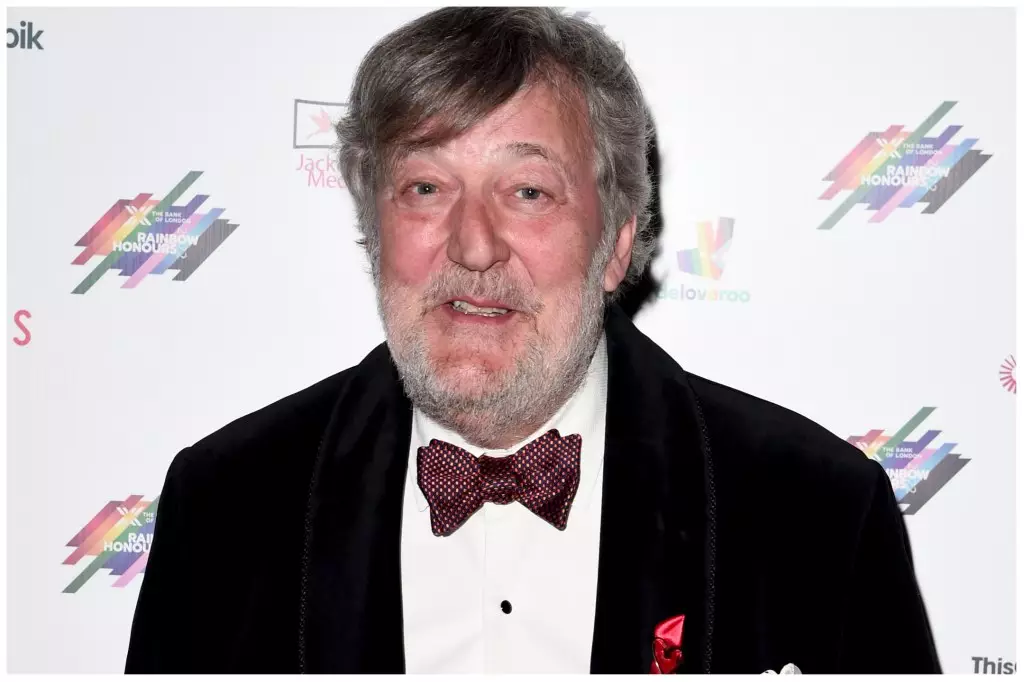Artificial intelligence (AI) has become a contentious topic in the ongoing Hollywood strikes. One prominent figure affected by this issue is author and actor Stephen Fry, who recently discovered that his voice had been replicated by an AI system without his knowledge or consent. At the CogX Festival in London, Fry revealed a clip of an AI mimicking his voice for narration in a historical documentary. Astonished, he emphasized, “I said not one word of that – it was a machine. Yes, it shocked me.” The AI had utilized his readings of the Harry Potter books to create a dataset that could imitate his voice for any purpose. This incident raises concerns about the potential misuse of AI-generated content.
Fry’s narration in the Harry Potter audiobooks made his voice recognizable and sought after. However, the AI’s ability to imitate his voice without his consent poses significant ethical questions. Fry asserted, “What you heard was not the result of a mash-up; this is from a flexible artificial voice, where the words are modulated to fit the meaning of each sentence.” It is deeply troubling to consider the possibilities that arise from such technology. AI-generated voices could be used to manipulate audio content, including political speeches or explicit material, all without the individual’s knowledge or permission. Fry’s reaction was understandable, as he immediately informed his agents about the incident, leading to their disbelief and subsequent concern.
Fry’s warning that “full deepfake videos are just as convincing” highlights the evolving landscape of AI-generated media. Deepfake technology allows the manipulation of visual and audio content, making it difficult to differentiate between real and fake. As an accomplished actor, Fry understands the importance of protecting the integrity of an artist’s work. The ongoing strikes in Hollywood serve as an attempt to address these growing concerns surrounding AI’s potential to exploit actors and their performances.
Fry compares AI’s current state to the early days of automobiles, where they were impressive but far from the finished product. “Tech is not a noun, it is a verb, it is always moving,” he affirms. The rapid advancement of AI models poses unique challenges and risks, particularly when it comes to the entertainment industry. The potential for AI to replicate not only voices but entire performances is a daunting reality that must be addressed. As Fry aptly states, “What we have now will advance at a faster rate than any technology we have ever seen.”
The unauthorized use of Stephen Fry’s AI-generated voice represents a significant breach of trust and highlights the ethical dilemmas surrounding AI in the entertainment industry. The rise of AI in Hollywood demands careful consideration and action to protect the rights and integrity of actors and their performances. As technology continues to evolve, it is crucial for society to anticipate and proactively address the potential consequences and implications of AI in the realm of media and entertainment.

